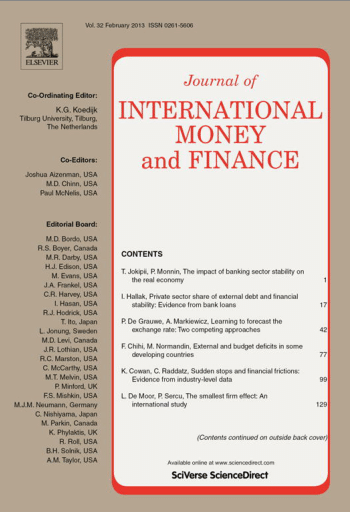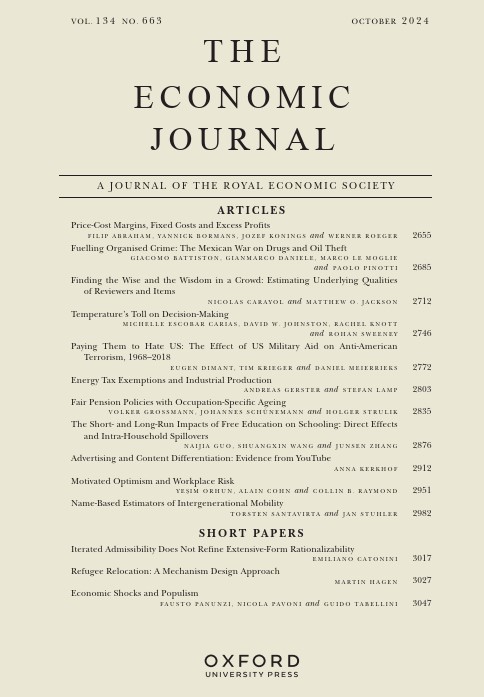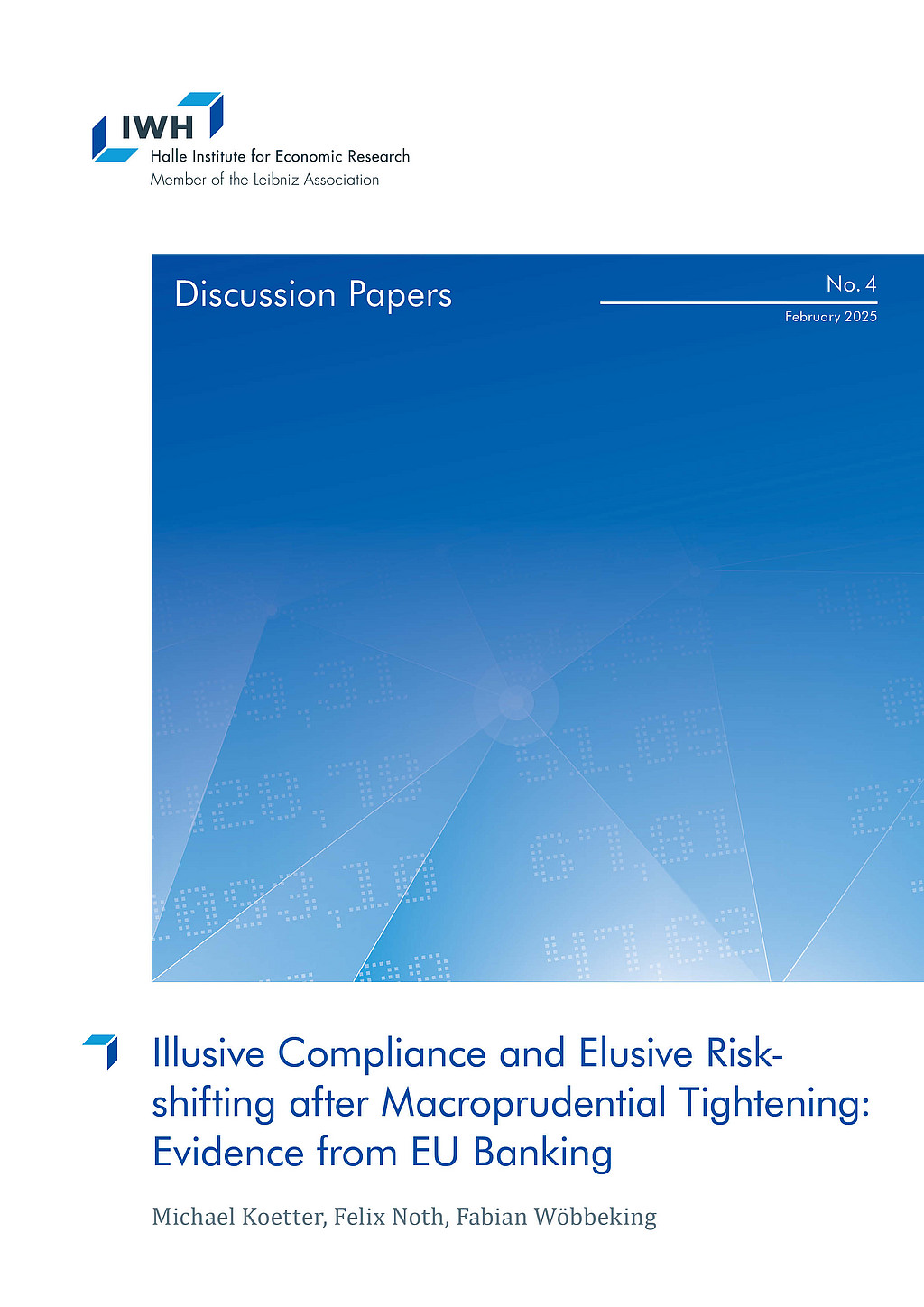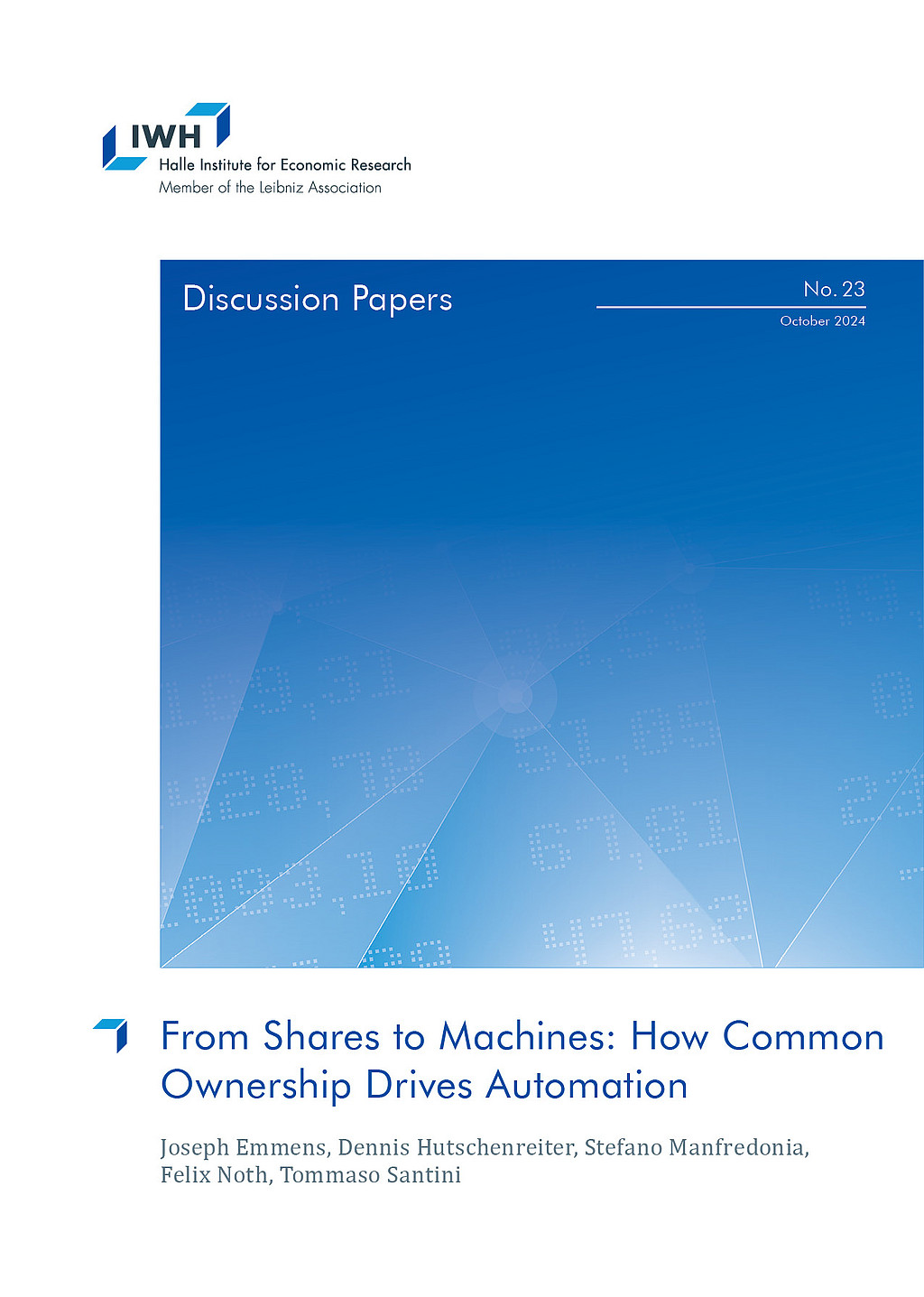Professor Dr. Felix Noth

Aktuelle Position
seit 10/16
Stellvertretender Leiter der Abteilung Finanzmärkte
Leibniz-Institut für Wirtschaftsforschung Halle (IWH)
seit 3/14
Leiter der Forschungsgruppe Anpassungsfähigkeit und Resilienz des Finanzsystems
Leibniz-Institut für Wirtschaftsforschung Halle (IWH)
seit 7/20
Professor für Banken und Finanzsysteme
Otto-von-Guericke-Universität, Magdeburg
Forschungsschwerpunkte
- Bankenmärkte und realwirtschaftliches Wachstum
- Bankenregulierung und Risikoanreize für Banken
- Naturkatastrophen und Auswirkungen auf Banken
Felix Noth ist seit März 2014 Mitglied der Abteilung Finanzmärkte am IWH und Professor für Banken und Finanzsysteme an der Otto-von-Guericke-Universität Magdeburg. Er forscht zu den Themen empirische Bank- und Finanzwirtschaft.
Felix Noth studierte an der Ludwig-Maximilians-Universität München und promovierte an der Goethe-Universität Frankfurt. Bevor er zum IWH kam, war er wissenschaftlicher Assistent an der Goethe-Universität Frankfurt am Main.










